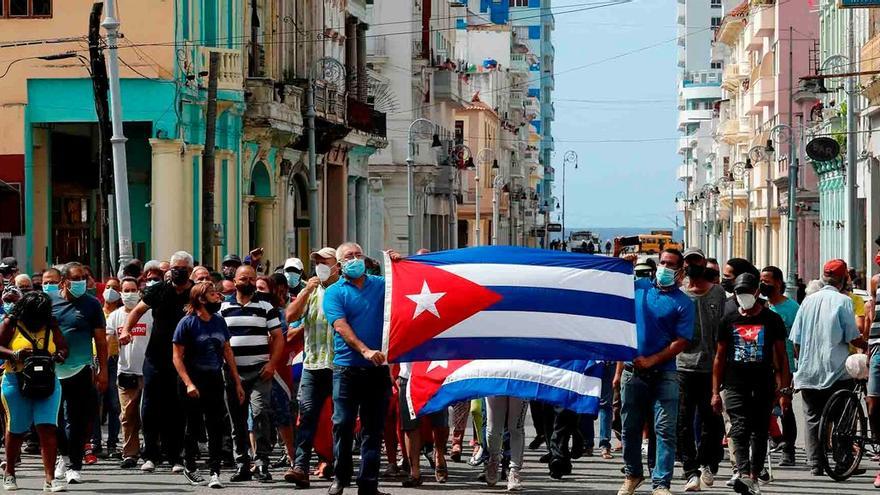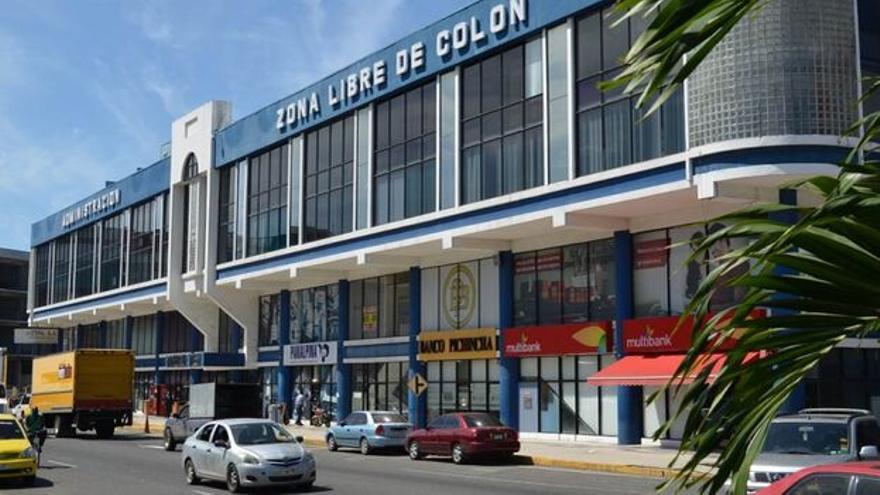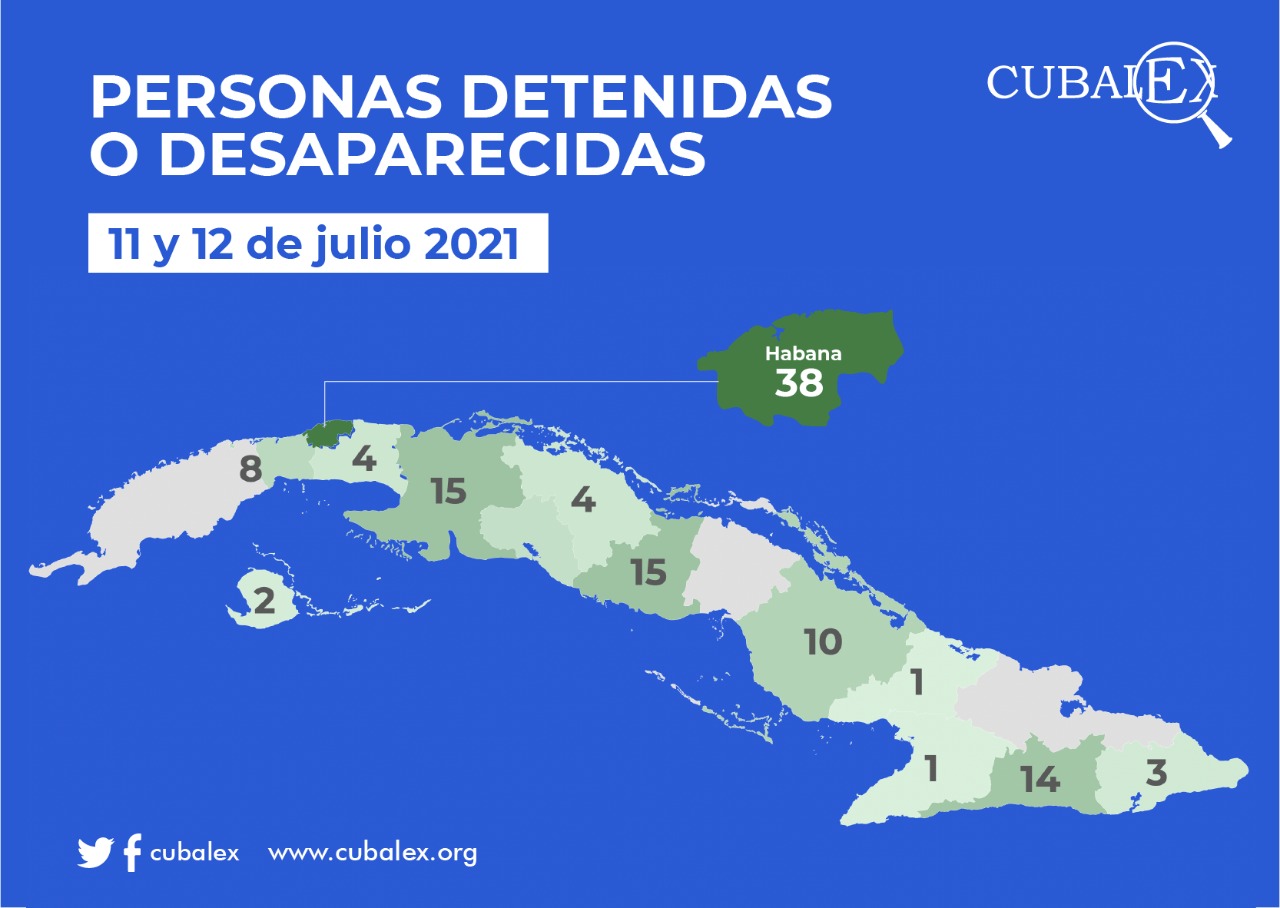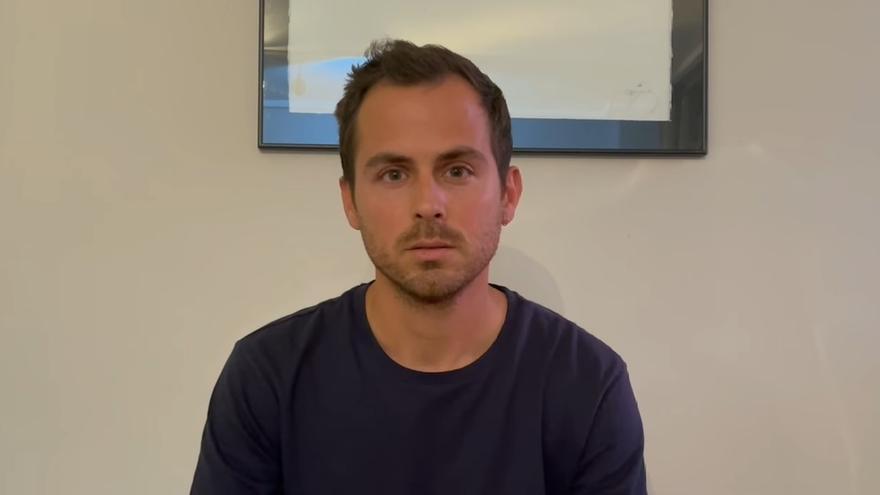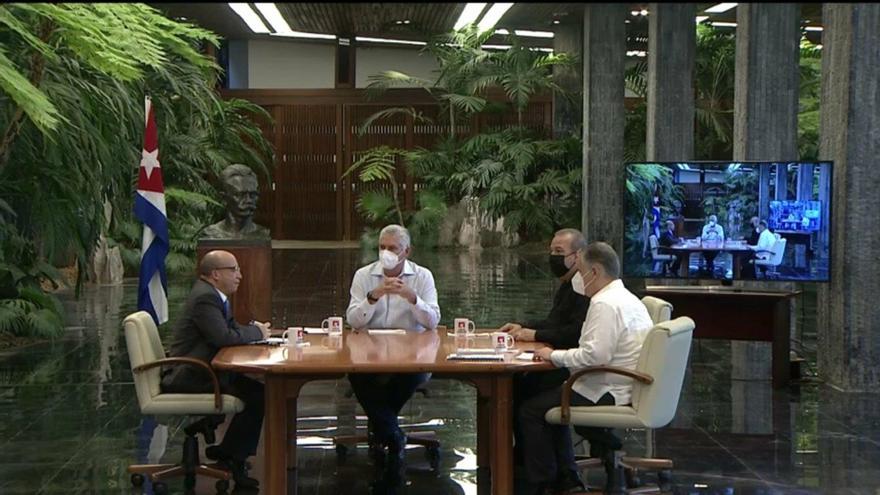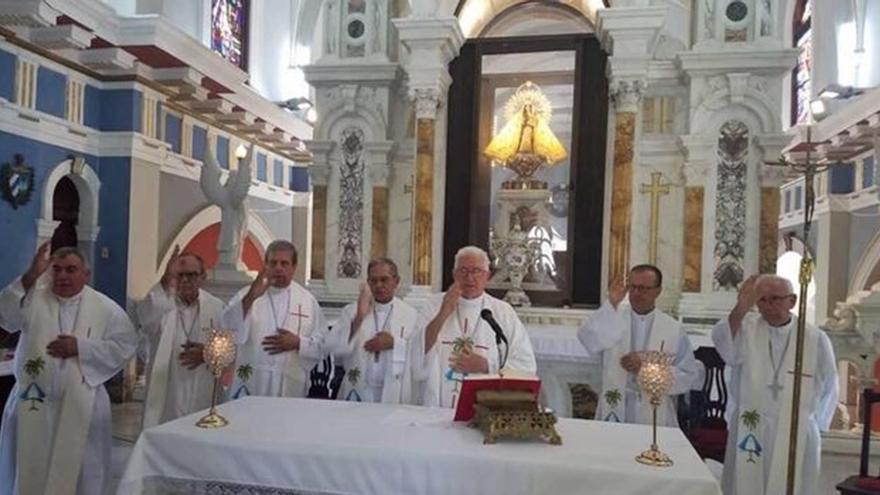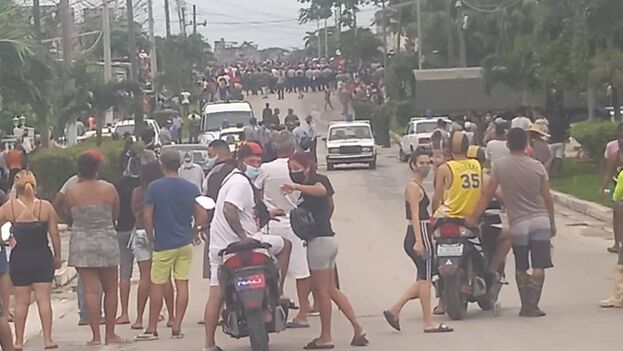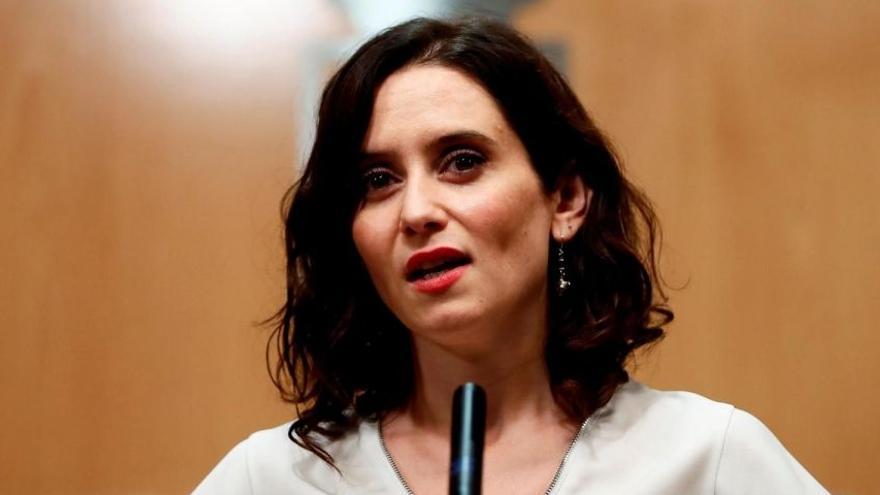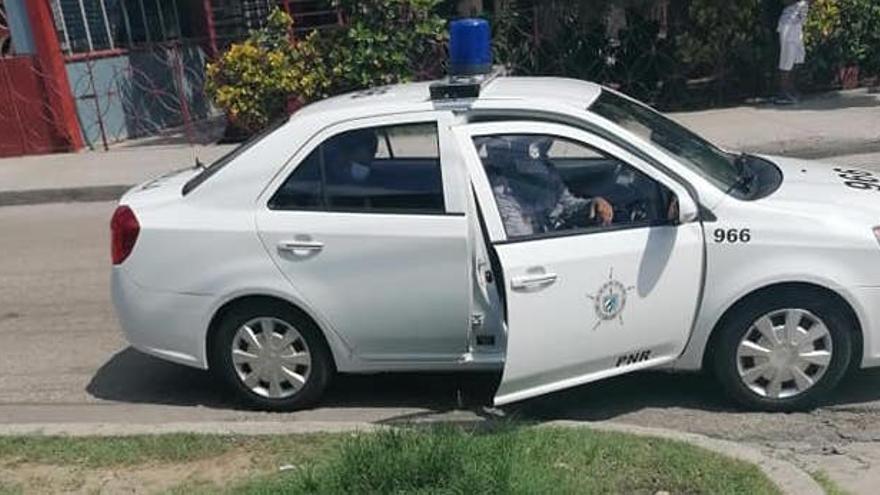
![]() 14ymedio, Havana, 9 July 2021 – “The dictatorship has lost much socially and this is what is going to explode in a moment.” This is how resoundingly Martha Beatriz Roque portrayed the situation in the latest monthly report of the Cuban Center for Human Rights (CCDH), which she directs. The Cuban government has imprisoned up to 36 dissidents so far this year, the organization reports, in what it continues to call “the new version of the [2003] Black Spring.”
14ymedio, Havana, 9 July 2021 – “The dictatorship has lost much socially and this is what is going to explode in a moment.” This is how resoundingly Martha Beatriz Roque portrayed the situation in the latest monthly report of the Cuban Center for Human Rights (CCDH), which she directs. The Cuban government has imprisoned up to 36 dissidents so far this year, the organization reports, in what it continues to call “the new version of the [2003] Black Spring.”
The figures are corroborated by the Cuban Observatory for Human Rights (OCDH), which registered 713 repressive actions on the island in June, of which 114 were some kind of detention, and 599 “other abuses.”
The main abuses consisted of harassment at activists’ homes, fines, threats, citations, and acts of repudiation. Of those arrested, three ended up in prison, as did five of those issued citations.
Martha Beatriz Roque highlights, among them, the arrest of rapper Maykel Castillo Osorbo, catalogued by Amnesty International, she recalls, “as one more example of the repression and racism of the Government of Miguel Díaz-Canel.” In addition, she mentions the case of the artist Hamlet Lavastida, arrested upon returning from Germany from a residence in a Berlin gallery. continue reading
Roque points to the economic situation as the main factor for popular discontent. “At this time, there is nothing that is representing so much damage to the dictatorship, as the dictatorship itself, because the rejection of the people is very great,” says the activist. She recalls the announcement of the return of nationwide blackouts, a scenario similar to that experienced during the Special Period in the 1990s. The power outages, “together with the serious water supply situation, irritate the Cuban family in general,” Roque says.
The report also refers to the European Parliament resolution on human rights and the political situation in Cuba, which was approved by an absolute majority on June 10. For Roque, this document shook the foundation of the Political Dialogue and Cooperation Agreement between Cuba and the European Union. However, the activist is sure that the dictatorship skillfully put that matter in the background “with the announcement of the elimination of the use of the dollar in the country.”
The resolution indicates “the lack of commitment and will” of the Government to make more than “minimal” progress towards a change that will allow the reform of the Cuban political system to improve “social and political participation, in addition to the living conditions of the citizens.”
These claims join those of other organizations such as the Cuban Observatory for Human Rights, which denounced the Government of Cuba to the United Nations for more than 30,000 arbitrary detentions committed in the last five years. Added to this are the alerts from the Cuban Center for Human Rights and Cuban Prisoners Defenders about the increase in political prisoners and convicted on the island. There are currently 152, of which 14 were incarcerated last May, considered the highest monthly number since March 2003, and 11 in June.
Translated by Tomás A.
____________
COLLABORATE WITH OUR WORK: The 14ymedio team is committed to practicing serious journalism that reflects Cuba’s reality in all its depth. Thank you for joining us on this long journey. We invite you to continue supporting us by becoming a member of 14ymedio now. Together we can continue transforming journalism in Cuba.

